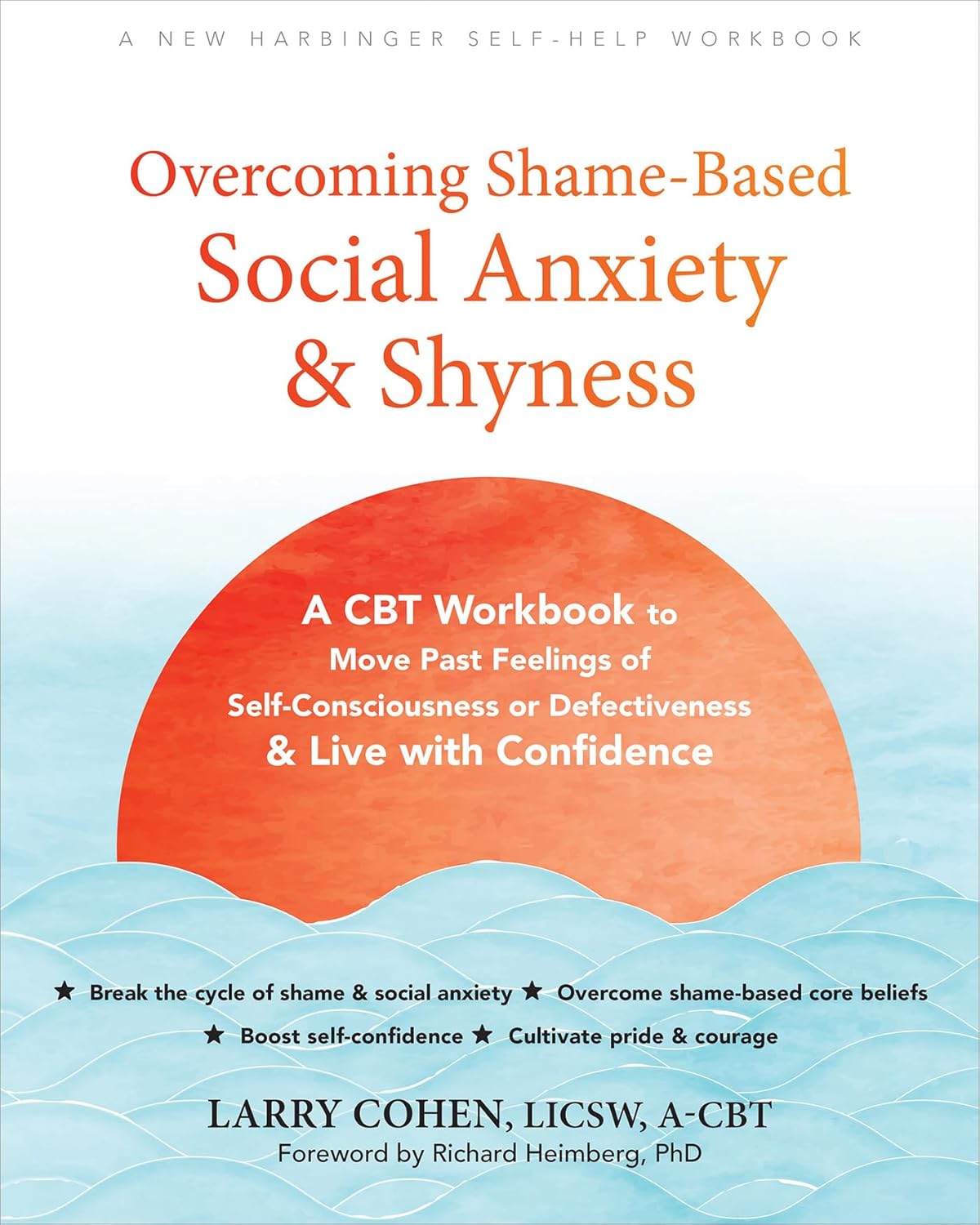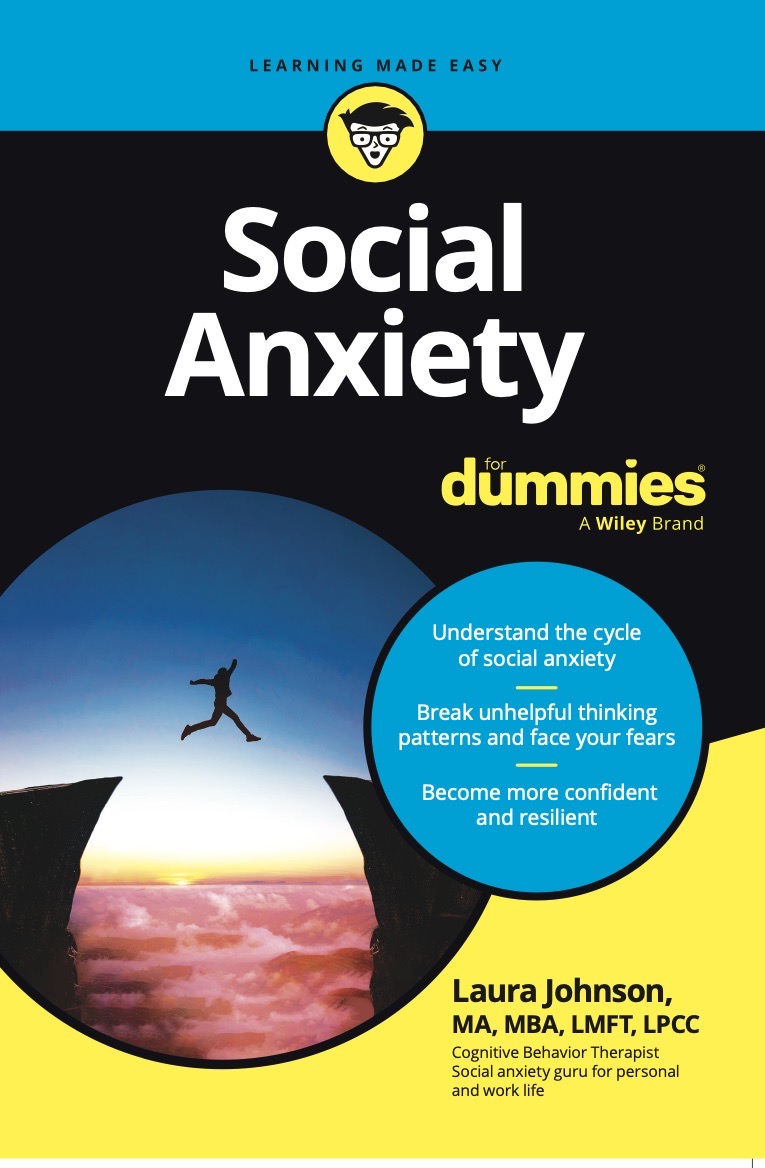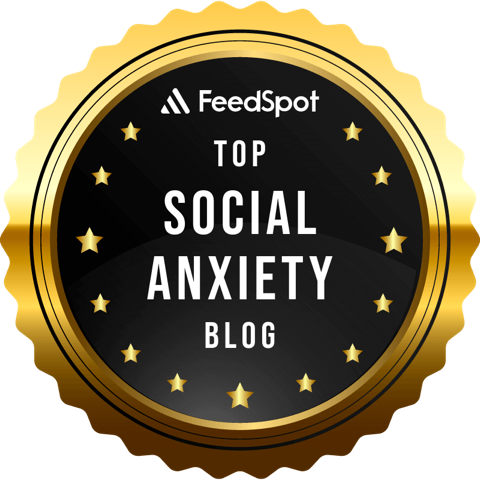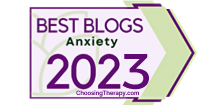
The fear of public speaking is the most common phobia ahead of death, spiders, or heights. The National Institute of Mental Health reports that public speaking anxiety, or glossophobia, affects about 40%* of the population. The underlying fear is judgment or negative evaluation by others. Public speaking anxiety is considered a social anxiety disorder.
* Gallup News Service, Geoffrey Brewer, March 19, 2001.
The Fear of Public Speaking is Worse Than the Fear of Death
Evolution psychologists believe there are primordial roots. Our prehistoric ancestors were vulnerable to large animals and harsh elements. Living in a tribe was a basic survival skill. Rejection from the group led to death. Speaking to an audience makes us vulnerable to rejection, much like our ancestors’ fear.
A common fear in public speaking is the brain freeze. The prospect of having an audience’s attention while standing in silence feels like judgment and rejection.
Why the Brain Freezes
The pre-frontal lobes of our brain sort our memories and is sensitive to anxiety. Dr. Michael DeGeorgia of Case Western University Hospitals, says: “If your brain starts to freeze up, you get more stressed and the stress hormones go even higher. That shuts down the frontal lobe and disconnects it from the rest of the brain. It makes it even harder to retrieve those memories.”
The fight or flight response activates complex bodily changes to protect us. A threat to our safety requires immediate action. We need to respond without debating whether to jump out of the way of on oncoming car while in an intersection. Speaking to a crowd isn’t life threatening. The threat area of the brain can’t distinguish between these threats.
Help For Public Speaking Anxiety
We want our brains to be alert to danger. The worry of having a brain freeze increases our anxiety. Ironically, it increases the likelihood of our mind’s going blank as Dr. DeGeorgia described. We need to recognize that the fear of brain freezing isn’t a life-or-death threat like a car barreling towards us while in a crosswalk.
Change How We Think About Our Mind Going Blank.
De-catastrophize brain freezes. It might feel horrible if it happens in the moment. The audience will usually forget about it quickly. Most people are focused on themselves. We’ve handled more difficult and challenging situations before. The long-term consequence of this incident is minimal.
Leave it there. Don’t dwell on the negative aspects of the incidents. Focus on what we can learn from it. Worry that it will happen again will become self-fulfilling. Don’t avoid opportunities to create a more positive memory.
Perfectionism won’t help. Setting unachievable standards of delivering an unblemished speech increases anxiety. A perfect speech isn’t possible. We should aim to do our best instead of perfect.
Silence is gold. Get comfortable with silence by practicing it in conversations. What feels like an eternity to us may not feel that way to the audience. Silence is not bad. Let’s practice tolerating the discomfort that comes with elongated pauses.
Avoidance reinforces. Avoiding what frightens us makes it bigger in our mind. We miss out on the opportunity to obtain disconfirming information about the trigger.
Rehearse to Increase Confidence
Practice but don’t memorize. There’s no disputing that preparation will build confidence. Memorizing speeches will mislead us into thinking there is only one way to deliver an idea. Forgetting a phrase or sentence throw us off and hastens the brain freeze. Memorizing provides a false sense of security.
Practice with written notes. Writing out the speech may help formulate ideas. Practice speaking extemporaneously using bullet points to keep us on track.
Practice the flow of the presentation. Practice focusing on the message that’s delivered instead of the precise words to use. We want to internalize the flow of the speech and remember the key points.
Practice recovering from a brain freeze. Practice recovery strategies by purposely stopping the talk and shifting attention to elsewhere. Then, refer to notes to find where we left off. Look ahead to the next point and decide what we’d like to say next. Finally, we’ll find someone in the audience to start talking to and begin speaking.
Be prepared for the worst. If we know what to do in the worst-case scenario (and practice it), we’ll have confidence in our ability to handle it. We do that by preparing what to say to the audience if our mind goes blank. Visualizing successful recovery of the worst will help us figure out what needs to be done to get back on track.
Learn to Relax
Remember to breathe. We can reduce anxiety by breathing differently. Take slow inhalations and even slower exhalations with brief pauses in between. We’ll be more likely to use this technique if practiced in times of low stress.
Speak slowly. It’s natural to speed up our speech when we are anxious. Practice slowing speech while rehearsing. When we talk quickly, our brain sees it is a threat. Speaking slowly and calmly gives the opposite message to our brain.
Make eye contact with the audience. Our nerves might tell us to avoid eye contact. Making deliberate eye contact with a friendly face will build confidence and slow our speaking.
Join a group. Practice builds confident in public speaking. Groups like Toastmasters International provide peer support to hone our public speaking skill. Repeated exposure allows us to develop new beliefs about our fear and ability to speak in public.
The fear of our mind going blank during a speech is common. Job advancement or college degree completion may be hampered by not addressing this fear.
By John R. Montopoli, LMFT, LPCC
Cofounder, National Social Anxiety Center; Director, NSAC San Francisco
[email protected] ; (415) 689-4131
Share this blog post.











